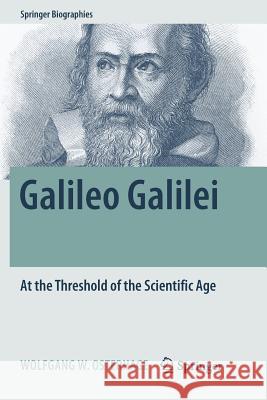Galileo Galilei: At the Threshold of the Scientific Age » książka
topmenu
Galileo Galilei: At the Threshold of the Scientific Age
ISBN-13: 9783030062972 / Angielski / Miękka / 2019 / 156 str.
Galileo Galilei: At the Threshold of the Scientific Age
ISBN-13: 9783030062972 / Angielski / Miękka / 2019 / 156 str.
cena 269,85 zł
(netto: 257,00 VAT: 5%)
Najniższa cena z 30 dni: 267,98 zł
(netto: 257,00 VAT: 5%)
Najniższa cena z 30 dni: 267,98 zł
Termin realizacji zamówienia:
ok. 20 dni roboczych.
ok. 20 dni roboczych.
Darmowa dostawa!
Kategorie BISAC:
Wydawca:
Springer
Seria wydawnicza:
Język:
Angielski
ISBN-13:
9783030062972
Rok wydania:
2019
Wydanie:
Softcover Repri
Numer serii:
000774569
Ilość stron:
156
Waga:
0.24 kg
Wymiary:
23.39 x 15.6 x 0.91
Oprawa:
Miękka
Wolumenów:
01
Dodatkowe informacje:
Wydanie ilustrowane











